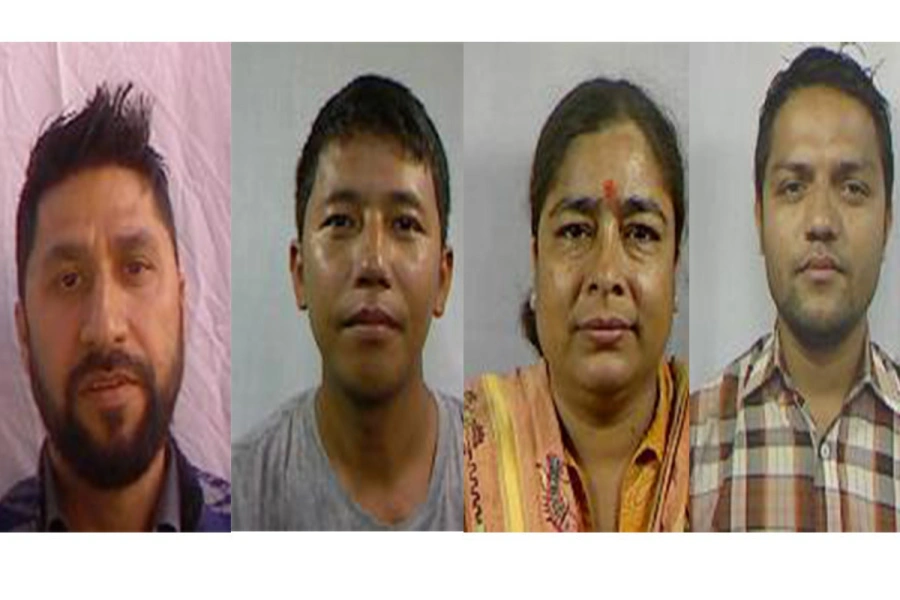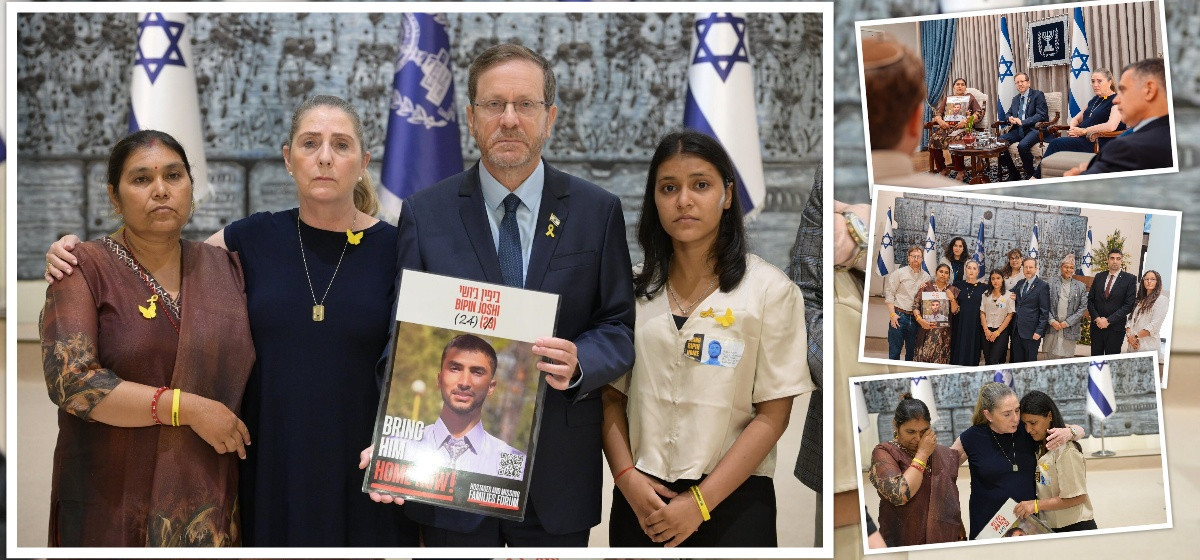He had been suffering from asthma and lung disease. He is survived by his wife, two sons and five daughters.
Joshi had played a leading role in the far-west region in the struggle against the Rana regime for establishing democracy in the country in 1950. The struggle was waged at the initiatives of the Nepali Congress.
He was also jailed many times in the past in the struggle for establishment of democracy. He spent nearly 13 years in exile in India in this connection.
Joshi was elected a Member of Parliament from then parliamentary constituency number 66 (Baitadi) as the candidate of the Nepali Congress in the parliamentary elections held in 1958.
He was politically prosecuted and all his land and property was seized by the Panchayat regime that came into being in 1960.
Joshi was elected the member of the National Assembly, the upper house of Parliament from Nepali Congress in 1991 following the political change in the country in 1990.
His last rites will be performed on the bank of the Mahakali River today, according to the Joshi family.
Wife of late Centenarian Satya Mohan Joshi passes away







































